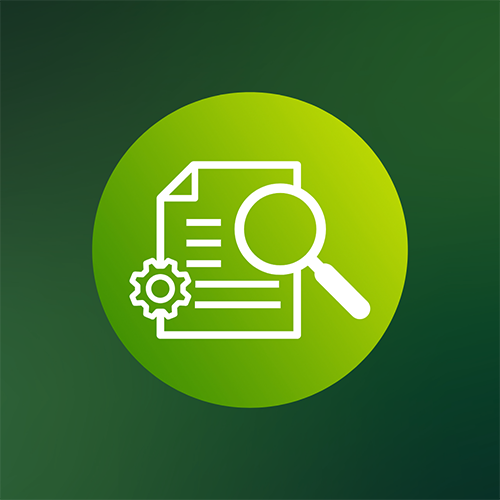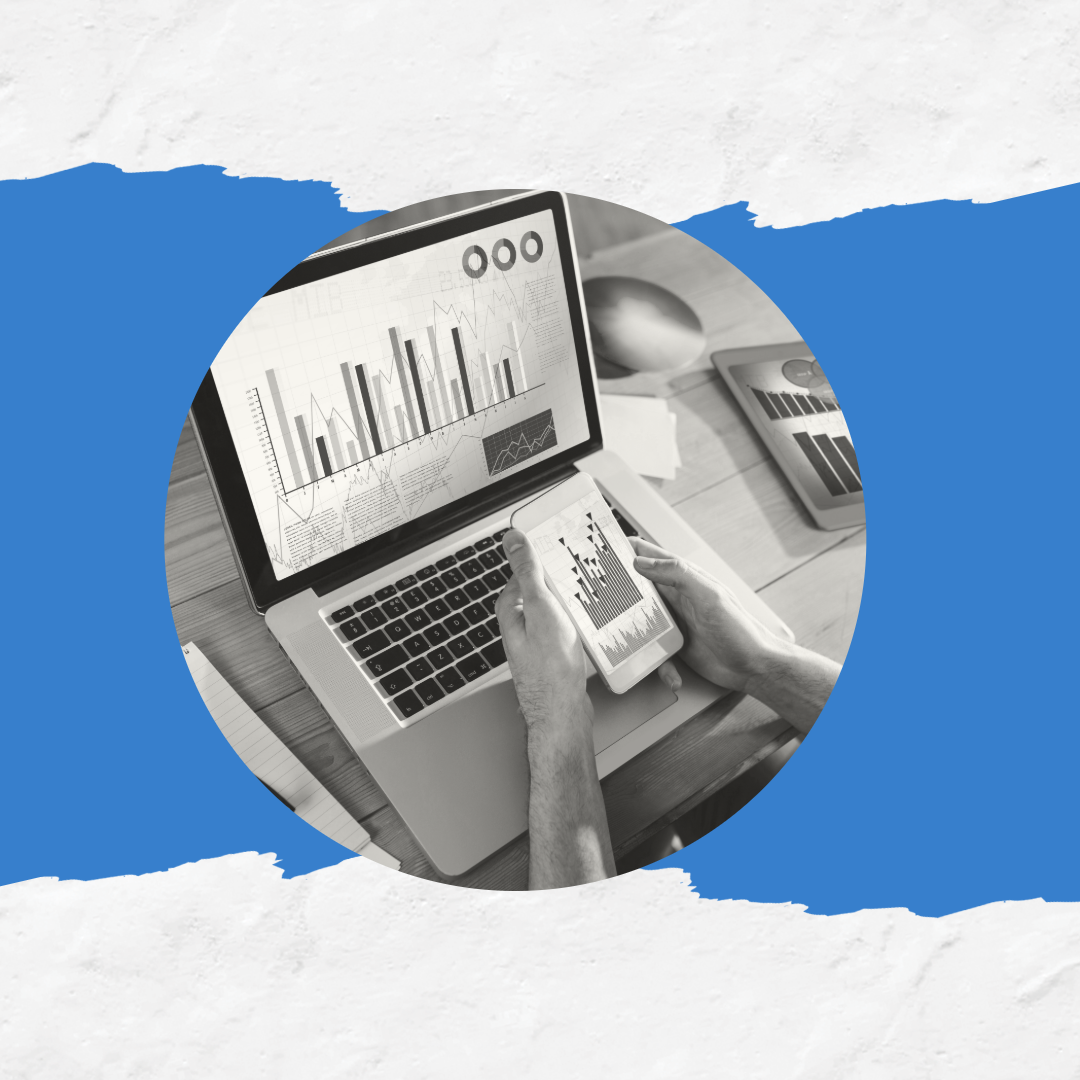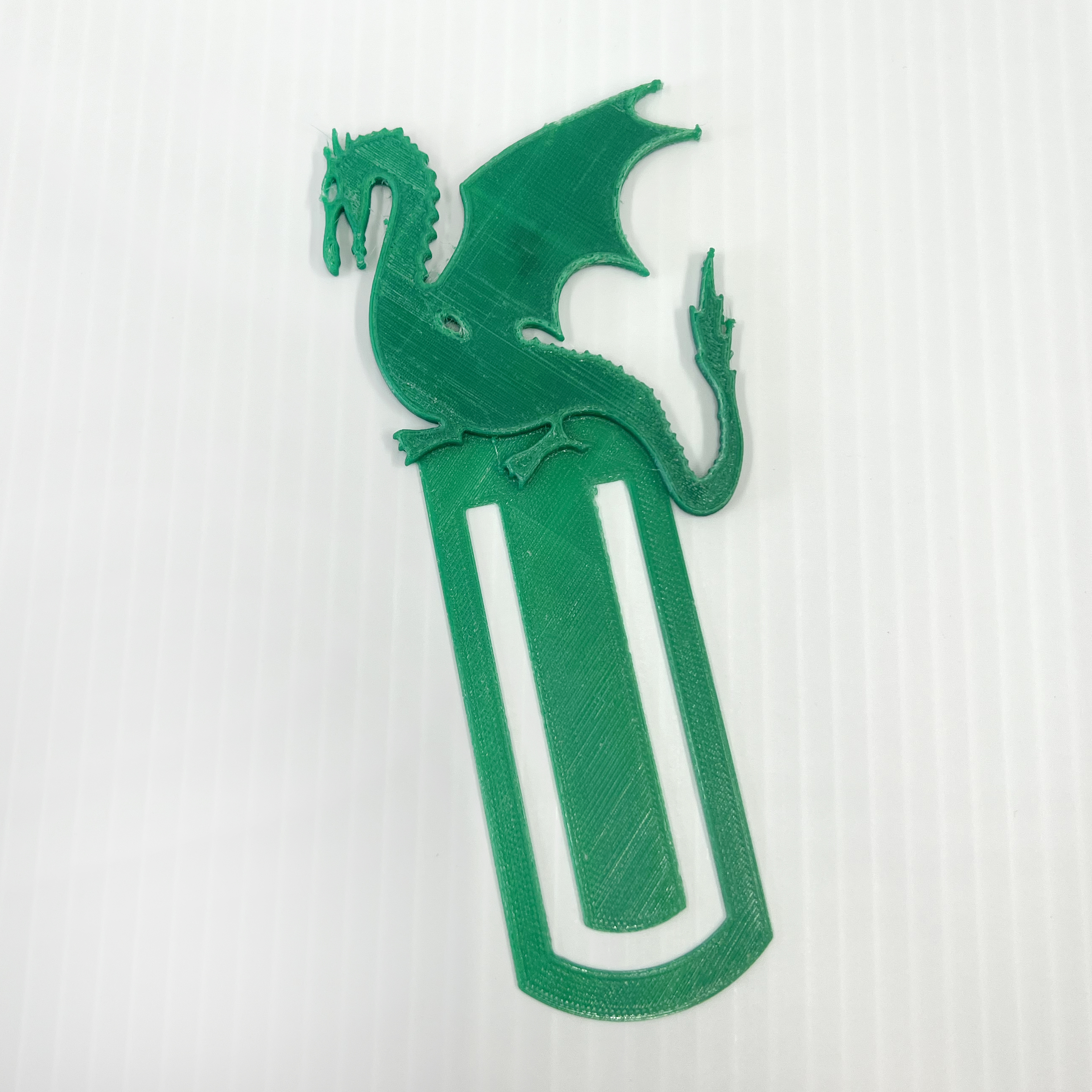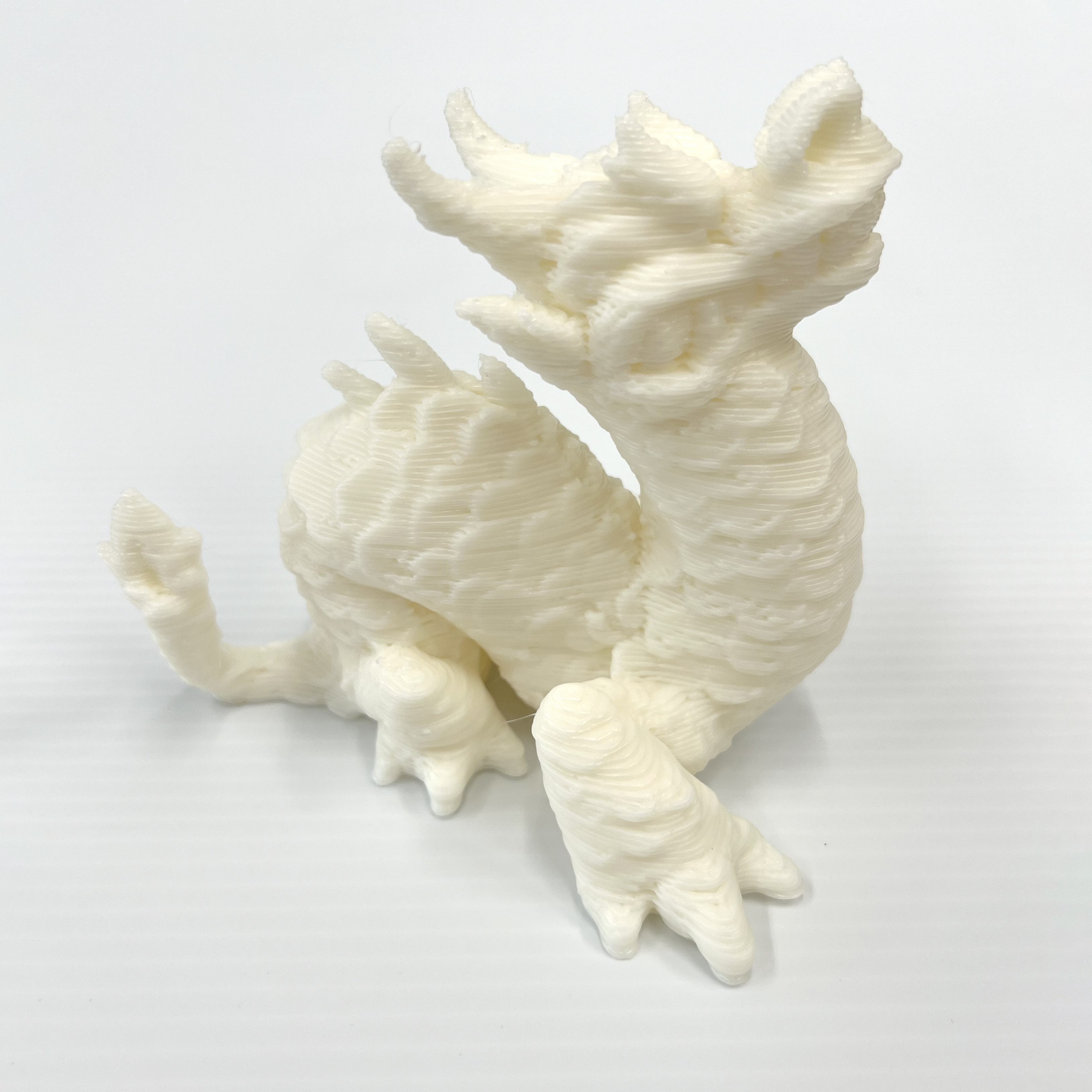News


Learn to craft systematic reviews during a four-part training series in October from UAB Libraries’ Clinical, Academic and Research Engagement team; each session is available at no cost to faculty, staff and student researchers.
Systematic reviews are a type of literature review that involve a detailed and comprehensive plan and search strategy with the goal of reducing bias by identifying, appraising and synthesizing all relevant studies on a particular topic.
In addition to the October workshop series, UAB Libraries offers comprehensive systematic review services to faculty, residents, fellows, staff and graduate students. Both “Consultation” and “Collaboration” service levels are provided; read more online.
All workshops are virtual and take place noon-1 p.m.
Oct. 9 — Navigating Review Types: A Beginner's Guide for Graduate Students & New Faculty
Tailored for graduate students and new faculty, this workshop will help attendees learn the eight major types of reviews and their distinct purposes. Register online.
Oct. 16 — Getting Started with Covidence: A Beginner’s Guide to Streamlining Your Review
Participants can learn to use the world’s leading software for managing and streamlining systematic reviews and explore how it can simplify reviews and assignments. Register online.
Oct. 23 — Risk of Bias vs. Quality Assessment: Selecting the Right Tools for Systematic Reviews
Learn the differences between risk of bias and quality assessment in systematic reviews and discover the tools that can help streamline these processes. Register online.
Oct. 30 — Don't Be Spooked! Librarians to the Rescue: Preparing for Scoping & Systematic Reviews
Learn to demystify scoping and systematic reviews in biomedical research during this workshop; expert librarians will share tips on streamlining the review process and avoiding common pitfalls. Register online.

Join librarians from UAB Libraries’ Clinical, Academic and Research Engagement team to learn how to use four key tools available at no cost to faculty, staff and student researchers.
Curious what else is available to bolster your research skills? Researchers also can access nearly 650 more research tools and information databases online at no cost through UAB Libraries.

SimplyAnalytics
Explore demographic, business and geographic data with SimplyAnalytics. Though marketed as a business research tool, this platform can be used for research in any discipline that examines population data, including the social sciences and public health.
By the end of a workshop, you’ll be able to:
- Create a Simply Analytics project
- Identify information sources that meet your needs
- Create interactive maps and data comparison tables
Open workshops (all online):
- Sept. 18, noon-1 p.m. — Introduction to Simply Analytics

EndNote
EndNote is a bibliographic management platform designed to help users collect citations in one place and update them easily and quickly from one style to another.
By the end of a workshop, you’ll be able to:
- Create and organize a library of citations
- Send citations from various databases to EndNote
- Use EndNote to find PDFs of your citations
- Insert and edit EndNote citations in a Word document
Open workshops (all online):
- Sept. 24, noon-1 p.m. — Introduction to EndNote
- Oct. 17, noon-1 p.m. — Introduction to EndNote
- Nov. 13, noon-1 p.m. — Introduction to EndNote
- Dec. 5, noon-1 p.m. — Introduction to EndNote

PubMed
PubMed is one of the most robust medical literature databases, comprising more than 37 million citations for biomedical literature from MEDLINE, life science journals and online books.
By the end of a workshop, you’ll be able to:
- Build a basic search by developing search concepts
- Use Boolean Operators to connect search concepts
Open workshops (all online):
- Sept. 26, noon-1 p.m. — Introduction to PubMed
- Dec. 3, noon-1 p.m. — Introduction to PubMed
Completed the introductory workshop and want more training? Sign up for the advanced training to learn about automatic term mapping, medical subject headings and how to use field codes.
- Nov. 19, noon-1 p.m. — Advanced Searching in PubMed

CINAHL
CINAHL is an index of English-language and selected other-language journal articles about nursing, allied health, biomedicine and health care.
By the end of a workshop, you’ll be able to:
- Build a basic search by developing search concepts
- Use Boolean Operators to connect search concepts
Open workshops (all online):
- Oct. 22, noon-1 p.m. — Introduction to CINAHL


Employees and students interested in learning how to use UAB’s 3D printers can sign up for one of 10 upcoming training sessions offered by UAB Libraries this fall.
Employees and students interested in learning how to use UAB’s 3D printers can sign up for one of 10 upcoming training sessions offered by UAB Libraries this fall. Completing a training session is required before users can begin printing their own projects — but at just 1.5 hours long and offered both online and in-person, the rewards far outweigh the relatively small time investment, said Technology Labs Manager Patrick Boggs, who leads the training session.
“3D printing lets users be creative in so many ways,” Boggs said. “Lots of people print for fun — they make game figurines or intricate pots for plants, things like that — but what’s special about printing at UAB is that we’re uniquely placed to help with research and other campus initiatives.
“Folks at UAB have discovered really unique ways to incorporate 3D-printed items into their projects, like making molds for silicone tools used in heart research, or cases for GPS units the football team uses. The options really are endless.”
Get started with 3 easy projects
Want to start 3D printing but not sure what to do first? These projects can help capture your Blazer spirit while giving you practice using the printers.

Bookmark
These small bookmarks are perfect for marking your place in a textbook, magazine or novel.

Keychain & smartphone holder
This keychain does two jobs: Shows off your Blazer spirit while also serving as a phone holder.

Dragon figurine
This dragon figurine makes the perfect desk or shelf décor.
Sign up for a training that works for you
During the training, Blazers are given access to printer queues for both Sterne Library and Lister Hill Library 3D printing via 3DPrinterOS. 3DPrinterOS is a cloud-based system that lets users monitor the ongoing print queue to see when printers are available and check the progress of their jobs; several of the 3D printers managed in 3DPrinterOS have cameras attached so users can watch how their prints are coming along. Users also automatically receive a time-lapse video of their items being printed via email once the objects are complete.
Sessions continue through Nov. 21. Check the Campus Calendar for the rest.

![]()
Academic integrity is a fundamental principle that ensures the credibility and value of educational institutions such as UAB — and the degrees they award. Maintaining academic integrity helps build trust between students, instructors and the larger UAB community, all while ensuring a level playing field for all students.
UAB Libraries’ Academic Integrity research guide, created by Kara Van Abel, academic integrity coordinator, reference librarian and liaison to the Collat School of Business, is a one-stop-shop for all things academic integrity at UAB — including a new Canvas assignment on the subject, available now for embedding into any Canvas shell.
“At its core, academic integrity encourages authentic learning,” Van Abel explained. “True engagement with coursework encourages development of critical-thinking skills and a sense of responsibility, accountability and respect for others’ work — all of which are useful beyond their time at UAB.”
Here are 5 academic integrity resources available through UAB Libraries — you can find each of them in the research guide.
1. Supplemental Academic Integrity Review Assignment, available through Canvas
Accessible in the UAB Canvas Commons, this interactive assignment is available for embedding in any Canvas shell. The assignment guides students in answering questions like, “What is academic integrity, why is it important, and how does academic misconduct affect me?” It also includes interactive scenarios and a quick check for understanding and is intended for instructors looking for more student practice in this area.
2. Discussion guide and questionnaire
This downloadable PDF includes questions for students to discuss as a class or in smaller groups to explore situations and concepts related to academic integrity.
3. Discussion sessions facilitated by UAB Libraries’ academic integrity coordinator
Instructors can request Van Abel to facilitate a 60-minute discussion session with students for any course using this form.
4. AI and Ethics research guide
Supplement discussions of AI and academic integrity using this research guide created by Brooke Becker, media literacy librarian, reference librarian and liaison to the departments of Communication and Political Science and Public Administration.
5. Additional help available for students
UAB offers a variety of resources that can help students avoid academic misconduct, including a comprehensive research guide on citations from UAB Libraries and the University Writing Center, which is located in Sterne Library and is available to help students with any kind of writing at any stage of the writing process. FAQs on academic integrity also are available.
The Academic Integrity research guide also includes a link to the Alleged Academic Misconduct Referral form, available through UAB’s Office of Community Standards and Student Accountability.

The September Image of the Month from UAB Archives, 'No Exit,' the first student production, 1970, has been posted.